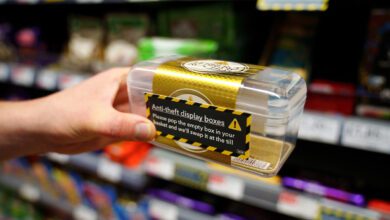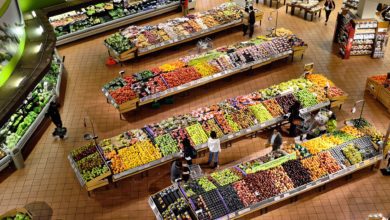Advice
A festive general election: how will retailers survive Christmas 2019?

For retailers, the closer it gets to Christmas, the more political uncertainty there is leading to dwindling consumer confidence and irrefutable anticipation of poor festive sales. After a year of struggle for retailers across the country and more odds against them, how can this festive season be the most profitable it can be?
You'll need to
subscribe to unlock this content. Already subscribed? Login?







